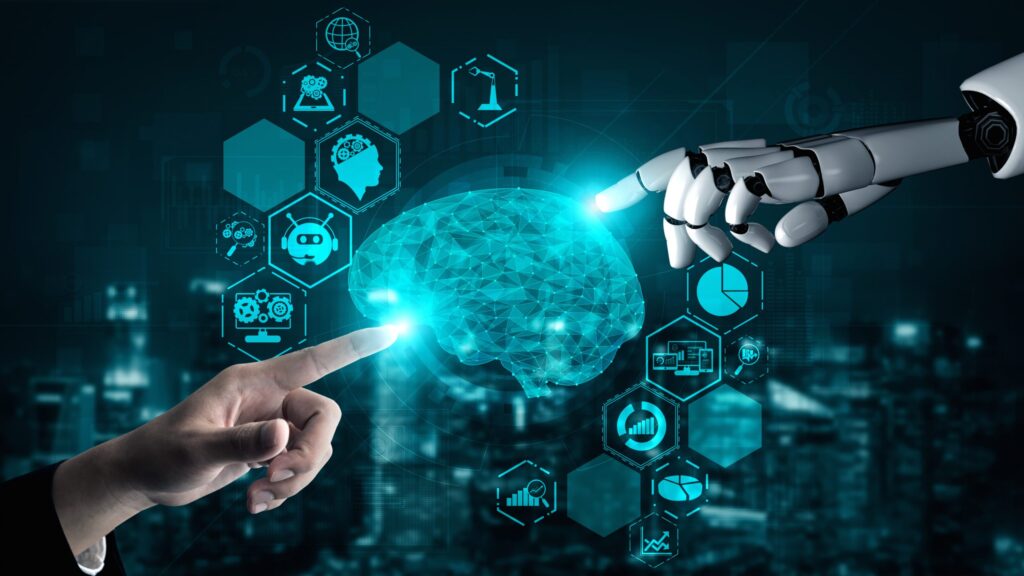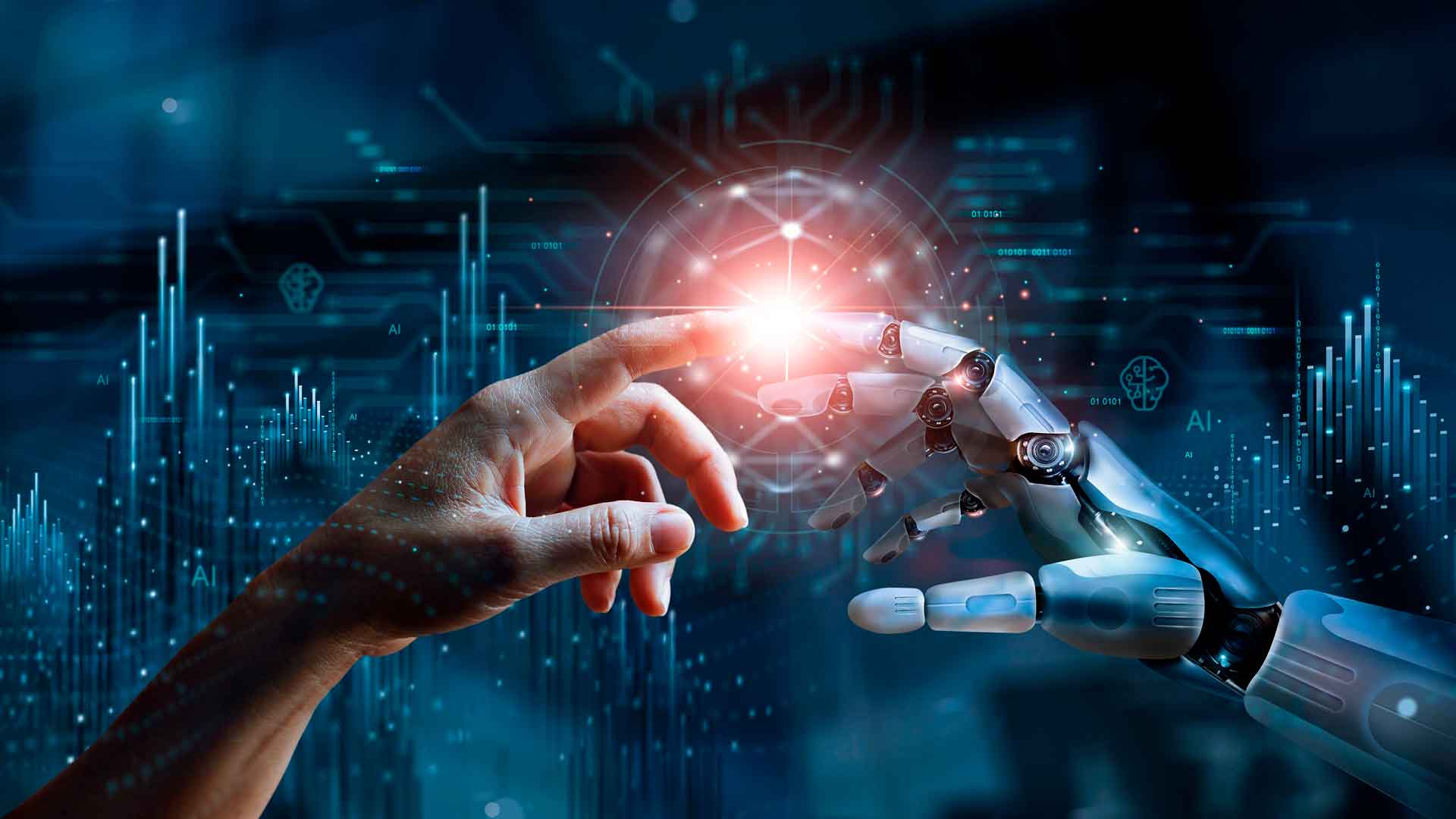Navigating Controversial Terrain: AI and the Human Touch
In the ever-evolving landscape of artificial intelligence (AI), the interplay between machine logic and human judgment has become a focal point of controversy. As AI systems continue to advance, questions arise about the extent to which they should replace or augment human decision-making processes. Let’s delve into some of the most contentious topics in this article and explore the delicate balance between AI algorithms and human judgment.
Bias in AI Algorithms: One of the most pressing issues surrounding AI is the presence of bias in algorithms. Despite efforts to create unbiased systems, AI models can inadvertently perpetuate and even amplify societal prejudices present in the data they are trained on. Whether it’s racial, gender, or socioeconomic bias, the ramifications of biased AI algorithms can be far-reaching, impacting everything from hiring practices to criminal justice sentencing. Balancing the power of AI with human oversight is crucial in mitigating these biases and ensuring fairness and equity in decision-making processes.
Ethical Dilemmas: As AI becomes increasingly autonomous, ethical dilemmas arise regarding the accountability and decision-making capabilities of these systems. From self-driving cars faced with the infamous trolley problem to AI-powered healthcare diagnostics determining patient treatment plans, the ethical implications of AI decisions cannot be understated. Human judgment serves as a necessary check on AI, providing the moral compass needed to navigate complex ethical quandaries and ensure decisions align with societal values.
Privacy Concerns: The proliferation of AI technologies has raised significant concerns about privacy and data protection. AI systems often rely on vast amounts of personal data to function effectively, raising questions about who has access to this data and how it is being used. Striking a balance between harnessing the power of AI for innovation while safeguarding individuals’ privacy rights requires careful consideration and robust regulatory frameworks. Human judgment is essential in establishing and enforcing ethical guidelines to protect privacy in an increasingly digital world.

Job Displacement vs. Job Enhancement: The fear of job displacement due to automation has long been a concern associated with AI and advanced technologies. While AI has the potential to streamline processes and increase efficiency, there is also the risk of displacing human workers in various industries. However, it’s essential to recognize the potential for AI to augment human capabilities rather than replace them entirely. By leveraging AI to handle repetitive tasks and data analysis, humans can focus on higher-level decision-making, creativity, and innovation, leading to job enhancement rather than displacement.
Transparency and Explain ability: The opaque nature of AI algorithms poses challenges in understanding and interpreting the decisions they make. As AI systems become more complex and autonomous, the need for transparency and explain ability becomes increasingly crucial. Human judgment plays a vital role in demanding accountability from AI systems, advocating for transparency in algorithmic decision-making processes, and ensuring that decisions are understandable and justifiable.
The intersection of AI and human judgment presents both opportunities and challenges. While AI has the potential to revolutionize industries and improve efficiency, it also raises complex ethical, social, and economic considerations. By embracing a collaborative approach that leverages the strengths of AI alongside human judgment, we can navigate these controversies and harness the full potential of AI technology while upholding our values and principles.





